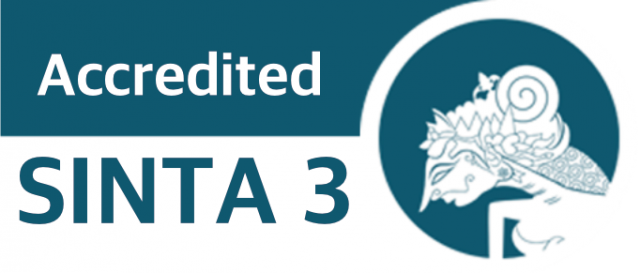Pemberdayaan Masyarakat melalui Pembangunan Bidang Pendidikan Nonformal
DOI:
https://doi.org/10.24114/antro.v5i1.13172Keywords:
Community Empowerment, Quality, Non-Formal EducationAbstract
This article examines non-formal education which is not less important than formal education from all levels of education. Non-formal education is also expected to meet the needs of the population in terms of knowledge, information and technology. All of that becomes very necessary to improve the quality and standard of living of the people. Non-formal education is carried out to obtain relevant skills for the provision of daily living. The skills obtained, make the community have an independent mental attitude, renewal and development for the progress and development of the country. Independence in the fulfillment of everyday life, which is from expertise acquired, to be able and can be enjoyed, comes from one's own business. Likewise the results obtained, can be exchanged with other parties. Thus the ultimate goal is to empower the community, enable and build the ability to advance towards a better life on an ongoing basis.References
Friedman, J, (1992). Empowerment The Politics of Alternative Development, Blackwell Publishers, Cambridge, USA.
Faizal. (2015). Diskursus Pemberdayaan Masyarakat. Ijtimaiyya, Vol. 8, No. 1, Februari 2015
Heningtyas, M.A. (2012). Peran Pemerintah Dan Masyarakat Dalam Upaya Pengembangan Pendidikan NonFormal. Jurnal Administrasi Publik (JAP), Vol. 2, No. 2, Hal. 264-268
Komar, O. (2006). Filsafat Pendidikan Nonformal. Bandung: Pustaka Setia.
Fakih, M. (2011). Runtuhnya Teori Pembangunan dan Globalisasi. Yogyakarta: Insist Press.
Prasetyo. (2015). Konsep dan Teori Pemberdayaan Masyarakat. Available At: https://prasfapet.wordpress.com/2015/05/07/konsep-dan-teori-pemberdayaan-masyarakat/. Akses: 19 November 2017
Prijono, O.S. & Pranarka, A.M.W. (1996). Pemberdayaan: Konsep, Kebijakan dan Implementasi. Penerbit Centre for Strategic and International Studies, Jakarta.
Sapta, M. dkk. (2016). Pendidikan Nonformal dan Pengembangan Masyarakat. Available At: http://blog.unnes.ac.id/marsapw/2016/11/14/makalah-tentang-pendidikan-non-formal-dan-pengembangan-masyarakat/. Akses: 24 januari 2018
Sudiyono. (2006). Pemberdayaan Masyarakat Dalam Otonomi Pendidikan. Jurnal Manajemen Pendidikan No. 02/Th II/Oktober
Sopandi, A. (2010). Strategi Pemberdayaan Masyarakat. Jurnal Kybernan, Vol. 1, No. 1 Maret 2010.
Sumodiningrat, G. (1999). Pemberdayaan Masyarakat dan Jaring Pengaman Sosial. Jakarta: Gramedia.
Mardikanto, T. & Soebianto, P. (2012). Pemberdayaan Masyarakat dalam Perspektif Kebijakan Publik, Bandung: Alfabeta, 2012
Downloads
Published
How to Cite
Issue
Section
License
Copyright (c) 2019 Anthropos: Jurnal Antropologi Sosial dan Budaya (Journal of Social and Cultural Anthropology)

This work is licensed under a Creative Commons Attribution 4.0 International License.

This work is licensed under a Creative Commons Attribution 4.0 International License
Authors who publish with this journal agree to the following terms:
- Authors retain copyright and grant the journal right of first publication with the work simultaneously licensed under Creative Commons Attribution 4.0 International License that allows others to share the work with an acknowledgement of the work's authorship and initial publication in this journal.
- Authors are able to enter into separate, additional contractual arrangements for the non-exclusive distribution of the journal's published version of the work (e.g., post it to an institutional repository or publish it in a book), with an acknowledgement of its initial publication in this journal.Penulis.
- Authors are permitted and encouraged to post their work online (e.g., in institutional repositories or on their website) prior to and during the submission process, as it can lead to productive exchanges, as well as earlier and greater citation of published work (Refer to The Effect of Open Access).


